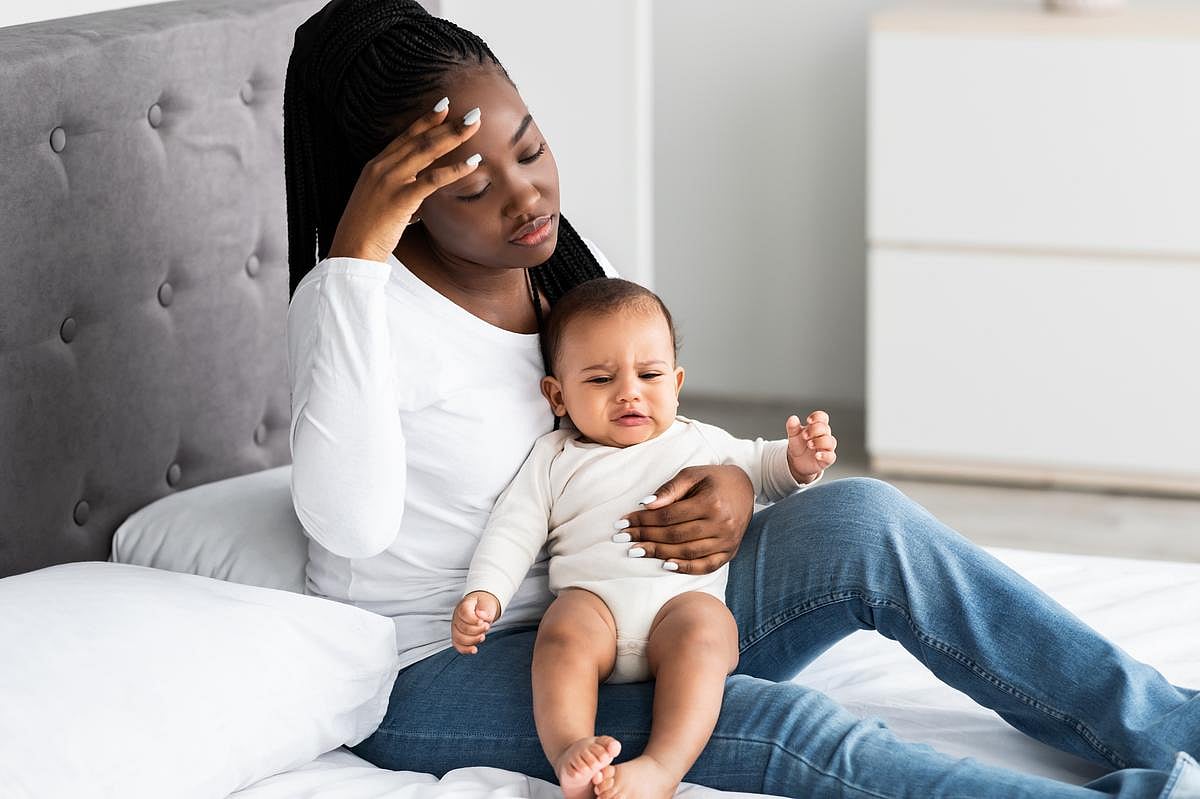Due to a recent change in our pharmacy software system, the process for submitting refill requests online has now changed.
Our previous mobile app and your current login credentials will no longer work.
Please click the Patient Portal tab to begin the new process.
Thank you for your patience during this transition.
Manténgase sano!

- Posted November 20, 2024
U.S. Postpartum Depression Diagnoses Doubled in a Decade
Rates of postpartum depression have more than doubled in little over a decade among American women, a new analysis shows.
While about 1 in every 10 new moms (9.4%) suffered postpartum depression in 2010, that number rose to almost 1 in every 5 (19%) by 2021, report a team from Kaiser Permanente Southern California.
Why the steep rise? Better detection and reporting could be playing a big role, the researchers said.
However, rising rates of obesity during pregnancy could also be a factor, since obesity has long known to be a risk factor for postpartum depression.
Whatever the reasons, "the prevalence of postpartum depression is high and rising," said a team led by Dr. Darios Getahun, a Kaiser researcher based in Pasadena, Calif. His team published its findings Nov. 20 in the journal JAMA Network Open.
As defined by the researchers, postpartum depression is "a depressive disorder that occurs within 12 months following childbirth."
Like other forms of depression, symptoms include sadness, anxiety and lack of interest in activities that were once pleasurable. Mothers with postpartum depression may fail to bond with their infant, neglect breastfeeding and develop other illnesses.
"In severe cases, postpartum depression can lead to suicide or infanticide," Getahun's team wrote in the report.
In their new analysis, the researchers tracked rates of postpartum depression for more than 442,000 California pregnancies between 2010 and 2021. The cohort of women was diverse and averaged 31 years of age at childbirth.
The researchers found a doubling of diagnosed postpartum depression rates over the study period.
Much of that might be linked to better awareness of the issue among women and their doctors.
Getahun's team pointed to newly established guidelines from the American Academy of Pediatrics (AAP) and the American College of Obstetricians and Gynecologists, which have both encouraged postpartum depression screening as part of well-child visits.
The AAP now advises screening for postpartum depression at well-child visits when a baby reaches 1-to-2, 4, and 6 months of age.
Obesity could be playing a role, as well.
By 2021, rates of postpartum depression had risen to 17% among new moms of normal weight, 19.8% among mothers deemed overweight, 21.2% among women at lower levels of obesity, and 24.2% among women with more severe obesity.
The Kaiser team noted that an uptick in postpartum depression rates has been happening alongside "a parallel increase" in obesity rates among pregnant U.S. women over the past decade.
According to Getahun's team, prior research has shown "consistently higher rates" of postpartum depression at higher body weights.
All the new findings "provide valuable insights for guiding future public health initiatives aimed at improving perinatal maternal health outcomes and promoting maternal and child well-being," the team said.
More information
Find out more about postpartum depression at the March of Dimes.
SOURCE: JAMA Network Open, Nov. 20, 2024







